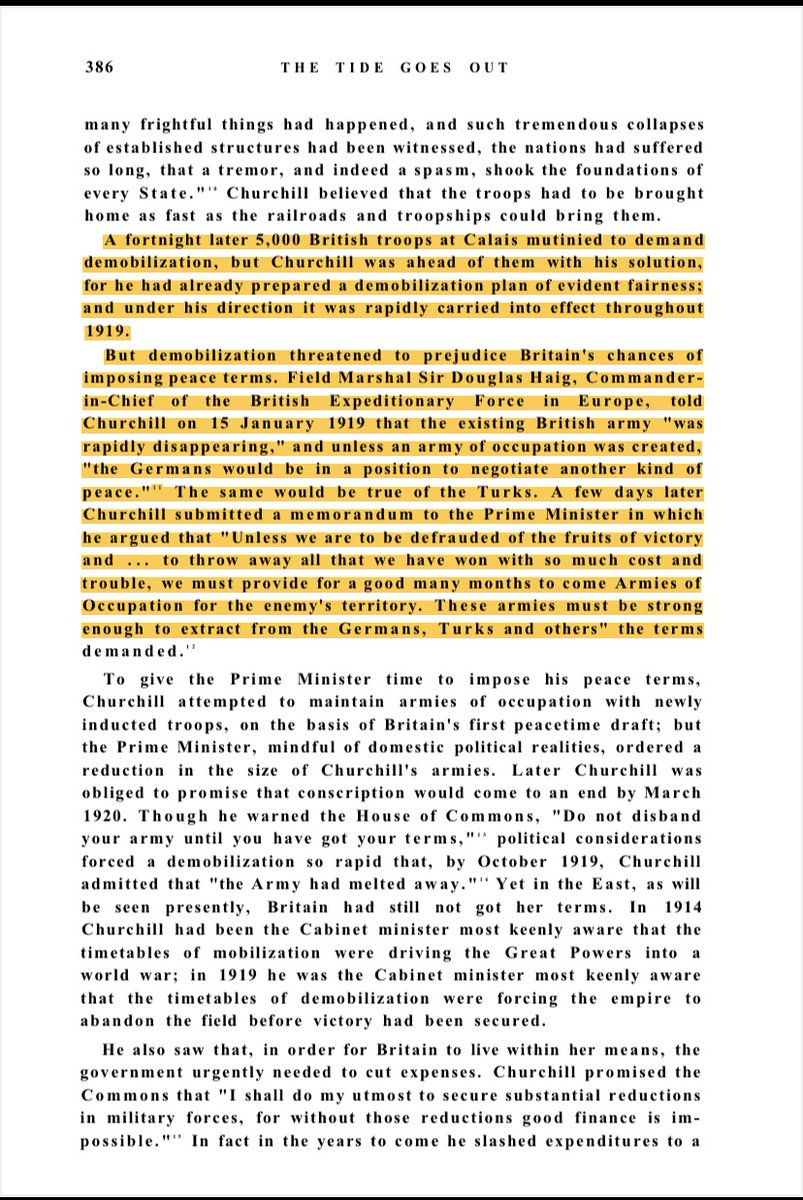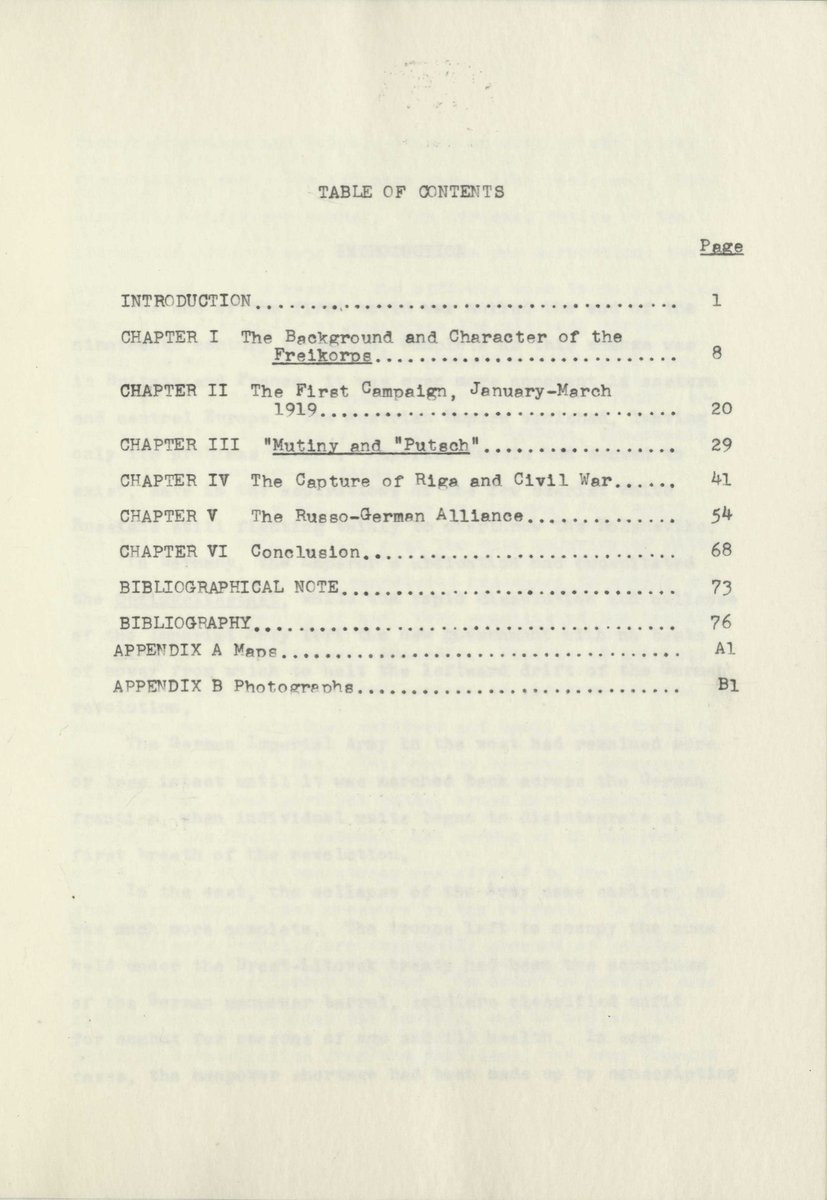
This is an excellent guide and overview to how the British Foreign Office saw the World War and Ottoman question, and a great study to see the course of development of policy in real time as opposed to reading intentions backwards. 

The ministry drove pulled defeat from the jaws of postwar global US-UK confrontation. Policies towards all War belligerents and allies changed on the closest expediency in the Loyd George government, which continued to play and counterplay itself. 







The Late War and Peace chapters have some must read material on the maze of policies and counter polices Lloyd George’s Cabinet thought up or attempted to realize in order for Britain to not lose the war to any of its allies or belligerents.
The problem with Gaming in foreign policy like this is that you need at least one known known for you to outplay. When every actor is a unknown unknown, and you had no vision beyond “against the future next strongest actor” you are left holding a insurmountable bill.
This happened to Britain not only in the Middle East, were the solution of settling the army could not be entertained, despite all the prefoxing of the defunct pre war great powers. And this was just a fraction of the debts they had accumulated to Morgan finance overall.
• • •
Missing some Tweet in this thread? You can try to
force a refresh















